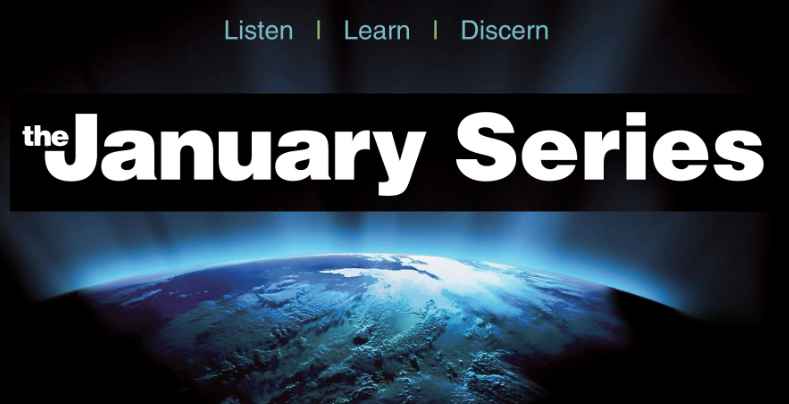My politics professor once told me that there was a journalist who was known for the extensive research she did before interviewing someone. She would read everything there was from news articles, books, to journals that pertained to the subject. So, in preparation for Mike Kim’s lecture on Tuesday, I read his book, “Escaping North Korea: Defiance and Hope in the World’s Most Repressive Country.”
I shouldn’t have. His talk came straight from the book. In fact, he began his lecture by reading the first paragraph of the introduction of the book. I had just read the introduction as I was waiting for the talk to begin as a way to get my mind prepared to hear his story.
I anticipated his talk would show how far he had come from where his journey started — which is what the first paragraph in the introduction was about. But after reading the introduction, he proceeded to tell two stories, which he explicitly stated as being in chapters eight and nine of the book. I had read the stories a few nights ago, and I shuffled in my seat, anticipating a long story that would bear no excitement and no twist endings for me.
His stories were about the modern-day “underground railroad” that runs through China. North Korean refugees in China seek asylum by either making a dash for it into a foreign consulate or by traveling 6,000 miles to Bangkok, Thailand, by crossing the southern border of China. Kim had led North Koreans through both options, overcoming close brushes with the “Chinese FBI” and trekking across formidable mountain ranges to illegally cross borders. I missed out on the high-drama of these stories, because I had already heard them.
But as he recounted these stories, he spoke slowly and softly, pacing back and forth from one end of the stage to the other. He described the pain and the suffering of the North Korean refugees in plain, simple tones. He made it clear that even after making it out of North Korea to China, the refugees still had a long way to go to freedom and security. He included many humorous, self-effacing remarks, which embodied a humility and resilience that clearly marked his convictions and actions.
This was something that lay deep and out of my reach in between the lines of Kim’s book. While I was reading it, I was struck by how much he was quoting North Korean refugees, foreign policy specialists and his fellow co-workers. I wanted to hear more of his voice.
Having seen Mike Kim and heard his voice, I now realize that he is an activist who is rooted in humility. He wants to learn more about the situation and he wants to enlist the help of others to fight against the injustice of this issue. That is why he is fervently raising awareness on behalf of the North Koreans.
After finishing Mike Kim’s book a few days ago, I felt a deep personal conviction. I am a South Korean, and though I did not grow up in South Korea, I had never given much thought to getting to know the plight of North Koreans. It is still very much a part of our heritage to think of North and South Koreans as one group of people, united in ethnicity, history and culture.
If I am going to follow the advice of my politics professor, I must, indeed, read and research more about the situation in North Korea. As quoted from Lilian Watson in Kim’s book and his talk, Kim’s “liberation is bound up” with the liberation of the North Korean people. And now, he has, in some small part, bound up mine.




